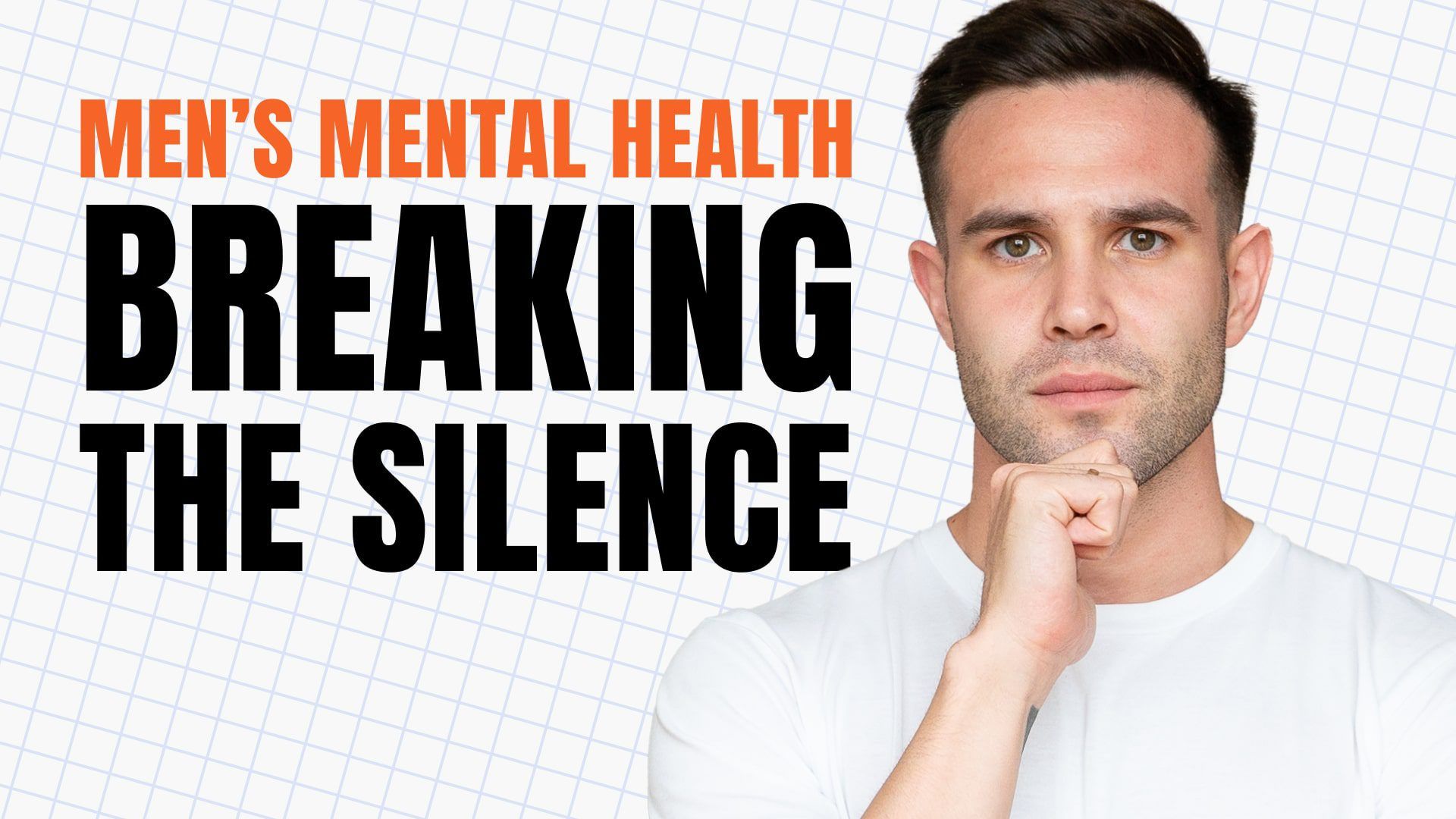
Calculate Your Healthy Weight: Healthy Weight Calculator + Guide
Table of contents
In this article, you will learn…
In this article, you’ll discover how to determine your healthy weight range using the Healthy Weight Calculator. Whether you’re looking to lose weight, gain weight, or maintain your current weight, understanding your healthy weight range is a crucial first step. We’ll explore how the calculator works, the importance of maintaining a healthy weight, and provide practical examples to help you apply the results to your personal health goals.
Key Takeaways
- The Healthy Weight Calculator estimates a weight range based on your height, where your BMI falls between 18.5 and 24.9, which is generally associated with good health.
- Staying within the healthy weight range reduces the risk of chronic diseases such as heart disease, diabetes, and hypertension.
- The calculator provides personalized weight goals, helping you set realistic targets for weight loss, gain, or maintenance.
- Understanding your healthy weight range can guide you in making sustainable lifestyle changes that promote long-term health and well-being.
How the Healthy Weight Calculator Works
Input Parameters
To accurately determine your healthy weight range, the Healthy Weight Calculator requires your height. The calculator uses this single parameter to estimate a weight range that is considered healthy for your specific height, based on Body Mass Index (BMI) guidelines.
- Height: The height you input into the calculator is the primary factor used to determine your healthy weight range. This can be entered in either feet and inches (US units) or centimeters (metric units).
Calculation Method
The Healthy Weight Calculator uses BMI as a reference to calculate your healthy weight range. BMI is a widely used indicator of body fatness, and the calculator applies BMI thresholds to your height to establish a range of healthy weights.
- BMI Calculation: The calculator uses the standard BMI formula, which is weight in kilograms divided by the square of height in meters (BMI = weight (kg) / height (m²)).
- Healthy Weight Range: The calculator applies the lower and upper BMI limits (18.5 to 24.9) to your height to determine the corresponding weight range. This range represents the weights that are generally considered healthy for your height, helping you avoid underweight and overweight categories.
Understanding the Results
Healthy Weight Range
The Healthy Weight Calculator provides a range of weights that are considered healthy based on your height. This range is where your BMI would fall between 18.5 and 24.9, which are the thresholds for a healthy weight according to most health organizations.
- Lower Limit: This is the weight where your BMI would be 18.5. Falling below this weight might categorize you as underweight, which could indicate potential health risks.
- Upper Limit: This is the weight where your BMI would be 24.9. Exceeding this weight could categorize you as overweight, which is associated with various health issues.
Why Maintaining a Healthy Weight is Important
Maintaining a weight within your healthy range is crucial for your overall health. A healthy weight helps reduce the risk of chronic diseases, supports energy levels, and contributes to your overall well-being.
- Chronic Disease Prevention: Staying within your healthy weight range can lower the risk of developing conditions such as heart disease, diabetes, and hypertension.
- Energy and Vitality: Being at a healthy weight supports better energy levels, improves mobility, and enhances your ability to perform daily activities.
- Mental Health: Achieving and maintaining a healthy weight can also positively impact your mental health, reducing the risk of conditions like depression and anxiety.
Practical Applications
Using the Calculator to Set Goals
The Healthy Weight Calculator is a valuable tool for setting realistic weight goals based on your height. Whether you’re aiming to lose, gain, or maintain weight, the calculator helps you understand the range that is considered healthy for you, providing a clear target to work toward.
- Weight Loss: If you’re currently above your healthy weight range, the calculator can help you set a realistic weight loss goal. By knowing your upper limit, you can aim to gradually reach this target, focusing on sustainable lifestyle changes.
- Weight Gain: If you’re below the healthy weight range, the calculator can guide you in setting a weight gain goal to reach your lower limit. This is especially important if you are underweight and looking to increase your weight in a healthy and controlled manner.
- Weight Maintenance: For those already within the healthy range, the calculator serves as a check-in tool to ensure you stay on track. It can help you make adjustments to your diet and exercise routine to maintain your weight within this ideal range.
Example Scenarios
To better understand how the Healthy Weight Calculator can be used in real life, let’s explore a few example scenarios:
- Height: 5 feet 10 inches (US Units): The calculator might determine a healthy weight range of approximately 129 lbs to 173 lbs. If someone is currently 180 lbs, they might aim to lose 7 lbs to enter the upper limit of their healthy range.
- Height: 180 cm (Metric Units): The calculator may suggest a healthy weight range of about 59 kg to 81 kg. If someone weighs 55 kg, they might set a goal to gain at least 4 kg to reach the lower limit of their healthy range.
These examples illustrate how the calculator’s results can guide you in setting realistic, achievable weight goals that align with your overall health objectives.
Benefits of Using the Healthy Weight Calculator
Precision in Weight Management
The Healthy Weight Calculator provides a precise, personalized approach to managing your weight. Unlike generic weight loss or gain advice, this tool uses your specific height to determine a weight range that is healthy for you. This precision helps you focus on realistic goals that are tailored to your body, making it easier to achieve and maintain a healthy weight.
- Personalized Guidance: By considering your unique height, the calculator offers a customized weight range, ensuring that your goals are both realistic and achievable.
- Targeted Approach: Whether you’re aiming to lose, gain, or maintain weight, the calculator gives you a specific target range to work towards, removing the guesswork from your weight management plan.
Health Benefits
Maintaining a weight within your healthy range is associated with numerous health benefits. Staying within this range can improve your physical health, reduce the risk of chronic diseases, and enhance your overall quality of life.
- Reduced Risk of Chronic Diseases: Keeping your weight within the healthy range lowers the risk of developing conditions such as heart disease, type 2 diabetes, and certain cancers.
- Improved Physical Health: A healthy weight supports better joint health, reduces strain on the heart and lungs, and promotes greater mobility and physical fitness.
- Enhanced Mental Well-being: Achieving a healthy weight can boost your self-esteem, reduce anxiety and depression, and improve your overall mental health.
Limitations and Considerations
General Guidelines vs. Individual Needs
While the Healthy Weight Calculator provides a useful starting point, it’s important to remember that it’s based on general guidelines. Individual factors, such as muscle mass, bone density, and overall body composition, can influence what constitutes a healthy weight for you.
- Customization: The calculator offers a baseline, but individual variations mean that some people may fall outside the suggested range and still be healthy. For example, athletes with high muscle mass may have a higher BMI but still be in excellent health.
- Body Composition: The calculator does not account for differences in body composition, such as the ratio of muscle to fat. This is why it’s essential to consider other factors, like how you feel physically and mentally, in addition to the calculator’s results.
When to Consult a Professional
The Healthy Weight Calculator is a valuable tool, but it should not replace professional medical advice, especially if you have specific health concerns. Consulting with a healthcare provider or a registered dietitian can help you better understand your weight goals and how to achieve them safely.
- Medical Conditions: If you have any underlying health conditions, it’s important to get personalized advice from a healthcare provider before making significant changes to your weight or diet.
- Long-term Weight Management: For those with long-term weight management goals, working with a dietitian can provide tailored strategies that take into account your overall health, lifestyle, and dietary preferences.
FAQ
How accurate is the Healthy Weight Calculator?
The Healthy Weight Calculator is a useful tool that provides a general guideline based on height and BMI standards. However, it doesn’t account for individual variations in body composition, such as muscle mass or bone density. While the calculator gives a good starting point, it’s important to use it alongside other health indicators and possibly consult a healthcare provider for a more personalized assessment.
What should I do if my weight is outside the healthy range?
If your weight falls outside the healthy range provided by the calculator, it’s important to consider gradual changes rather than drastic measures. For those above the range, focusing on balanced nutrition and regular physical activity can help bring your weight down. If you’re below the range, increasing your intake of nutrient-dense foods can help you gain weight healthily. Consulting with a dietitian or healthcare provider can offer tailored advice and support.
Can the Healthy Weight Calculator be used for children or teenagers?
The Healthy Weight Calculator is designed primarily for adults. For children and teenagers, growth and development vary widely, and BMI-based assessments can be less reliable. Pediatricians often use growth charts and other tools to assess healthy weight in children and teens, taking into account age, sex, and growth patterns.
How often should I check my weight against the healthy range?
It’s a good idea to check your weight against the healthy range periodically, especially if you’re making lifestyle changes that could affect your weight. However, it’s important not to obsess over the numbers. Instead, focus on how you feel, your energy levels, and other indicators of health. Checking your weight once a month can be a good balance to ensure you’re staying on track without becoming overly focused on the scale.
What factors can influence whether I fall within the healthy weight range?
Several factors can influence whether you fall within the healthy weight range, including your muscle mass, bone density, metabolism, and overall body composition. Additionally, factors like age, genetics, and hormonal changes can also play a role. That’s why it’s important to consider the healthy weight range as one part of a broader assessment of your health.
Is it possible to be healthy even if my weight is outside the recommended range?
Yes, it is possible to be healthy even if your weight is outside the recommended range. Some people naturally have a higher or lower weight due to their body composition or genetics. For example, athletes with significant muscle mass might weigh more but still be very healthy. Similarly, some individuals may be slightly under the range but have a high metabolic rate and good overall health. It’s essential to consider other health indicators like blood pressure, cholesterol levels, and physical fitness.
Can I use the Healthy Weight Calculator if I’m pregnant or breastfeeding?
The Healthy Weight Calculator isn’t designed for use during pregnancy or breastfeeding, as weight needs during these times vary greatly. Pregnant and breastfeeding women should follow guidelines specific to their situation, which typically involve gaining a certain amount of weight based on pre-pregnancy BMI. Consulting with a healthcare provider is the best way to ensure you’re meeting your nutritional needs during these periods.
How does muscle mass affect the results of the Healthy Weight Calculator?
Muscle mass can significantly affect the results of the Healthy Weight Calculator. Muscle is denser and weighs more than fat, so individuals with high muscle mass might have a higher BMI while still being healthy. The calculator doesn’t distinguish between muscle and fat, which is why athletes and very fit individuals might appear to be above the healthy range even though they’re in excellent health.
What other methods can I use to assess whether my weight is healthy?
In addition to the Healthy Weight Calculator, you can use methods like waist-to-hip ratio, body fat percentage measurements, and assessments of physical fitness and overall well-being. These additional metrics can provide a more comprehensive view of your health and help you determine whether your weight is healthy for you.
Can the Healthy Weight Calculator be used alongside other health tools?
Yes, the Healthy Weight Calculator can be used alongside other health tools to give a more complete picture of your overall health. For example, combining it with a body fat calculator, a calorie intake calculator, or regular fitness assessments can help you tailor your diet and exercise plan to better meet your goals. Using multiple tools ensures you’re not relying on just one metric to assess your health.
Conclusion
In this guide, we’ve explored how to effectively use the Healthy Weight Calculator to determine your ideal weight range based on your height. Understanding and maintaining a healthy weight is crucial for your overall health and well-being. By using this calculator, you can set realistic weight goals, whether you’re aiming to lose, gain, or maintain your current weight.
Remember, the key to success is consistency and making adjustments as needed. Regularly checking your weight against the healthy range provided by the calculator can help you stay on track and make informed decisions about your diet and exercise habits.
If you have any questions or need further guidance, feel free to reach out through my blog or social media channels. There, you’ll find more useful guides, tools, and resources to support your health journey.
Works Cited and Relevant Links
I am not a doctor, fitness coach, nutritionist, or trained health professional. The information I share is based on my personal experience, self-research, and insights from working with health and wellness professionals. My content is for informational and entertainment purposes only and is not intended as health advice.
Always consult with your healthcare provider before making any significant changes to your health routines or treatments. I am not liable for any actions taken based on this information.
Your well-being is my top priority. Stay healthy and take care!










Leave a Reply